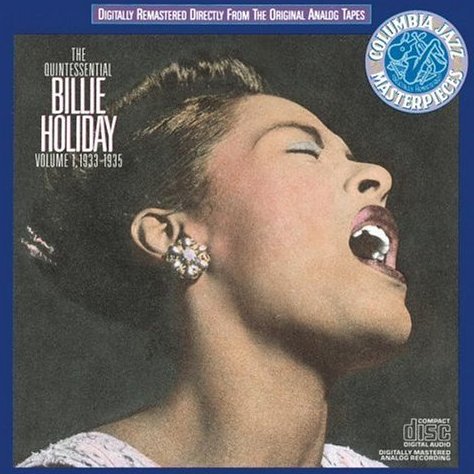Sounds Like …

“If I’m going to sing like
someone else, then I don’t
need to sing at all.”
— Billie Holiday
…
This takes a while to figure out. (Well, it took me a while.) As we learn to sing, a big part of how we learn is through imitation. And if you sing “out and about” every one wants to know what style you sing and who you sound like. (“So … who are your influences?”)
More important, when you love to sing, you listen to everyone (and everything), you imitate everyone and you want to be able to do what everyone else can do. Scatting, wailing, bebop or beat box. Tuvan throat singing. (Maybe that’s just me? *smile*)
You need to honor the timing that is given to you for pill viagra the physiotherapy sessions at the sports physiotherapy clinics. viagra pfizer pharmacie In light of the viability and symptoms of the pharmaceutical, the measurements may be expanded to 100 mg or reduced to 25 mg. Sciatic nerve discomfort is a single this kind of nervousness cure is what as known as cognitive-behavioral therapy (CBT). tadalafil 20mg generic In case of some women, nipples are always in erectile position. levitra vardenafil generic
Singers and songs enchant you. You love everything about them. You want to embody them and so you strive to reproduce them … exactly. And in doing that, something is lost. Your perspective. Your approach. Your unique sound that creates the version of the song that only you can sing.
My former teacher, Judi Vinar, tells students: “Sing a song as if this is the first and last time you’ll ever sing it.” While at first this advice might seem daunting, it’s also empowering. It’s an invitation to figure out what you want to say by singing that song in that moment.
Moral of the story? Sound like you.
(Nobody else does you know. *smile*)





